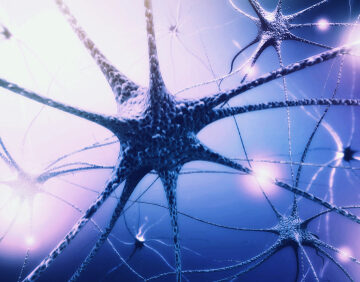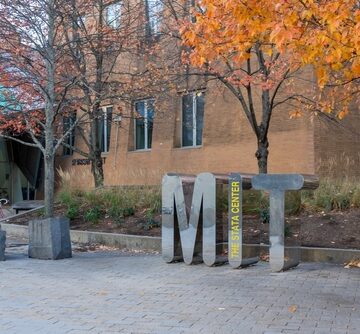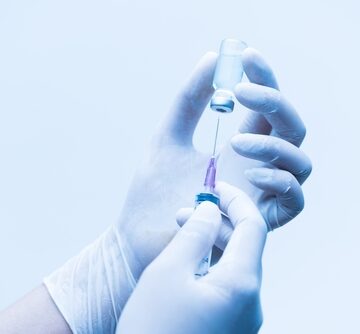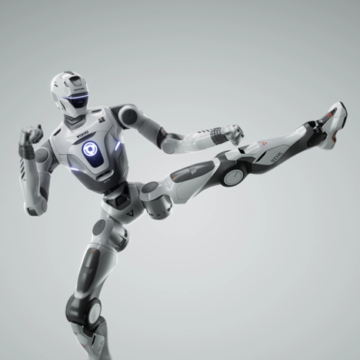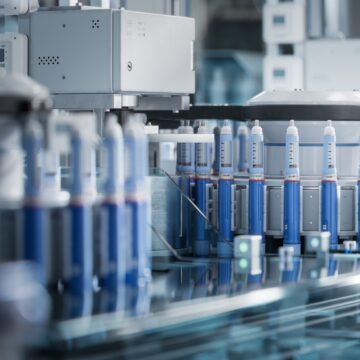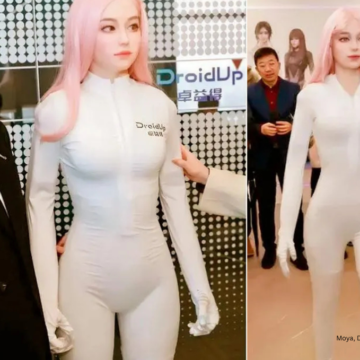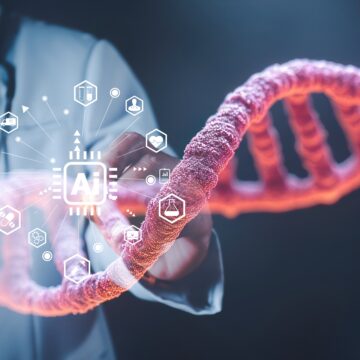As we age, the neural stem cells in our brains gradually weaken and are no longer able to multiply and create new brain cells. That contributes to the mental decline associated with aging.
Tag: Science
MIT COMPUTER ENGINEERS USE HEAT AS COMPUTER DATA
At the Massachusetts Institute of Technology, computer engineers have found a way to capture and redirect waste heat so chips can use it to process data.
THE WAR ON HEALTH
“Trust is not a virtue when it is blind. It is a responsibility when it is earned.”
— Gary Null
RUSSIAN COMPANY SAYS IT TURNS PIGEONS INTO BIODRONES
Neiry, a Moscow research company, is testing cyborg pigeons that could take over some aerial surveillance chores from drones.
CHINA OPENS ROBOT FIGHT CLUB
China has inaugurated the Ultimate Robot Knockout Legend (URKL 2026), a mixed martial arts tournament that will last throughout this year. The ultimate victor will win a gold championship belt worth ¥10 million, or about $1.44 million.
A NEW WEIGHT-LOSS DRUG GOES RIGHT TO THE BRAIN
Ozempic, Wegovey, and other in-demand weight-loss drugs work by slowing digestion, making your stomach feel full longer and delaying the sense of hunger.
CHINESE ROBOTICS FIRM DISPLAYS “BIOMIMETIC” HUMANOID ROBOT
While many Chinese robotics developers focus on industrial designs or robots displaying superhuman feats of strength and endurance, Shanghai firm DroidUp has focused on a robot you’d like to have around the house.
“FIBER CHIP” COMPUTER IS AS THIN AS A THREAD
At Shanghai’s Fudan University, engineers have solved a problem that has dogged wearables: how to shrink computing power so it can be small enough, and flexible enough, to be woven into fabrics.
ANTIBIOTIC PROMPTS GUT BACTERIA TO MAKE ANTI-AGING COMPOUND
Scientists at the Howard Hughes Medical Institute have been researching anti-aging compounds for some time and wanted to take their findings beyond the confines of their lab to see how people might make use of them.
NEW METHOD DESTROYS “FOREVER” CHEMICALS FASTER AND EASIER
PFAS, a family of chemicals used since the 1940s to make things resistant to grease, stains, and water, have become known as “forever chemicals.”

